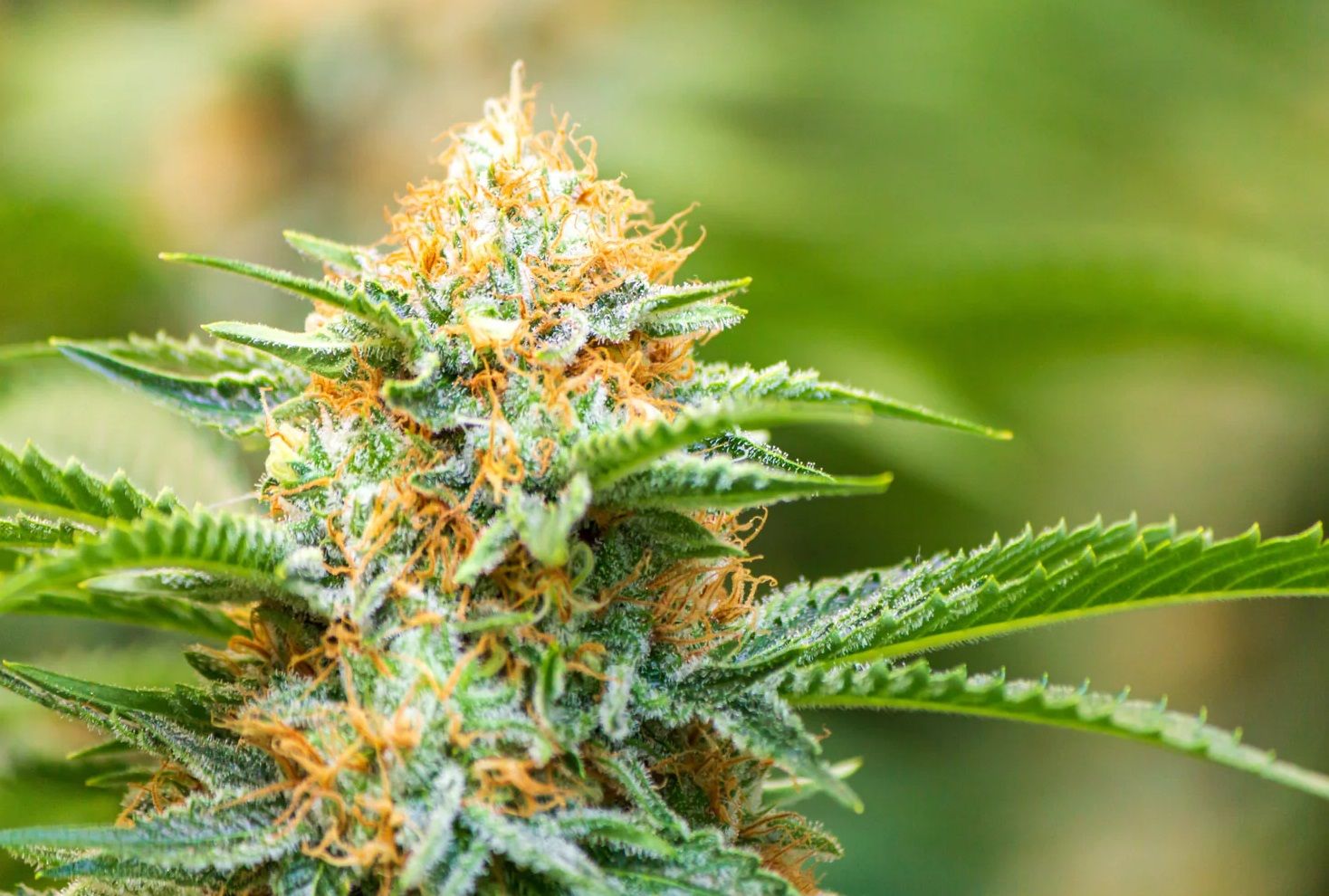A petition has been filed in Arkansas to allow those with female orgasmic disorder (FOD) to become legal medical marijuana patients.

The petition was filed today by Sarah Hanson, a resident of Centerton. Sarah, a sexual health educator focused on pleasure-based education for women, submitted the petition to the Arkansas Department of Health, as is required by law.
There is some precedent for this move. Earlier this year medical boards in both Connecticut and Illinois overwhelmingly approved adding female orgasmic disorder to their state’s medical marijuana program.
A study published earlier this year in the journal Sexual Medicine found that “Among participants who experienced challenges in achieving orgasm, 72.8% reported that cannabis use before partnered sex increased orgasm frequency, 67% stated that it improved orgasm satisfaction, and 71% indicated that cannabis use made orgasm easier.”
The study said “The frequency of cannabis use before partnered sex correlated with increased orgasm frequency for women who experienced difficulties achieving orgasm. The reasons for cannabis use before partnered sex resulted in a more positive orgasm response.”
The Arkansas Department of Health will now consider Sarah’s petition and vote on whether or not to add it to the state’s medical marijuana program.
This November voters will have the opportunity to greatly expand the program by approving the Arkansas Medical Cannabis Amendment of 2024, put forth by Arkansans for Patient Access (APA). The initiative would expand the state’s medical marijuana law to allow patients to grow up to seven mature marijuana plants, and seven immature marijuana pants, at a private residence. The proposed law would also remove the retail prohibition on smokeable marijuana products like pre-rolls.
In addition, the initiative would:
- Allow medical marijuana assessments and renewals to be conducted via telehealth.
- Allow out-of-state patients to receive protections under the state’s medical marijuana law.
- Expand new patient cards to last three years rather than one.
- Allow physician assistants, nurse practitioners and pharmacists to recommend medical marijuana in addition to physicians.
- Allow the above list of healthcare professions to recommend medical marijuana for any condition they deem appropriate, rather than having to follow the current list of qualifying conditions.
- Legalize recreational marijuana, with the possession limit set at one ounce, if the federal government deschedules marijuana.






